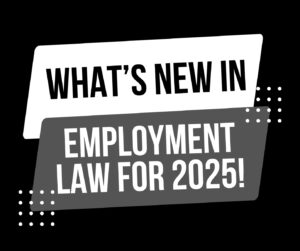On April 12, 2024, the U.S. Supreme Court decided Bissonnette v. LePage Bakeries Park St., LLC, which held that a worker could fall within the transportation exemption of Section 1 of the Federal Arbitration Act, even though that worker did not actually work in the transportation industry. The Court held that the focus ought to be on the actual work performed by the employee, rather than the particular industry of the employer.
In Bissonnette, the plaintiff was a distributor for Flower Foods, Inc., a manufacturer of baked goods. In the Distribution Agreement, there was an arbitration clause. The plaintiff brought a class action alleging that Flower Foods underpaid its distributors in violation of federal and state law. Flower Foods moved to compel arbitration and its motion was granted by the district court, who found that plaintiff did not work in the transportation industry. The Second Circuit Court of Appeals affirmed.
In a 9-0 opinion authored by Chief Justice Roberts, the Supreme Court rejected an “industry-wide” approach, reasoning that imposing a “transportation industry” requirement would lead to complex line-drawing problems. Rather, the test is to determine what tasks the employee actually performed as part of his or her job. Here, even though the plaintiff was in the “baked goods” industry, he was engaged in the transportation of such goods, and thus fell within the exemption.
Takeaway: I think here SCOTUS correctly applied substance over form to look at the role of the worker who signed the arbitration agreement. That seems to be more in line with the language of the exemption. Thus, it is also entirely possible that workers in the transportation industry might not be subject to the exemption, if they are not actually involved in the actual movement or transport of goods. For example, I can envision a scenario where a court might hold that someone who works for United Airlines or American Airlines in the capacity of a chef or maintenance worker might not actually be engaged in transportation services. Obviously, there will be more to come on this continually evolving topic.











